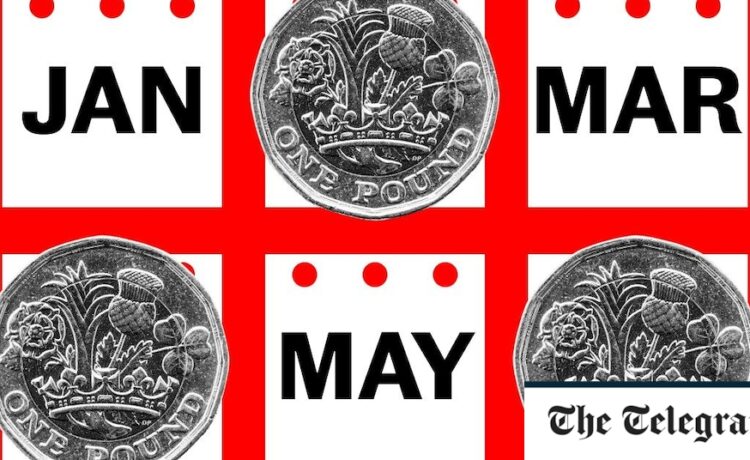Inflation is easing and there are signs that interest rates may have peaked, so could 2024 finally bring some good news for investors?
Many who retreated into cash in 2023 are braving the markets once again as economic data brightens. Markets recovered strongly in November as investors funnelled £449m into stock market funds after six months of relentless selling, according to Calastone, a global funds network.
However, we are not out of the woods just yet. Professional investors expect global economic growth to slow in 2024 as ongoing geopolitical crises continue to stoke volatility. Although interest rate cuts are expected about halfway through the year, it will be a long time before we see the return of the ultra-low borrowing costs that companies and households became used to.
We asked fund managers and investment analysts how they would navigate this challenging landscape as we head into 2024.
Bonds are back
Ask any asset manager and the chances are they will tell you that 2024 will be the year of the bond.
Following the worst ever bond market in 2022, investors flocked to government and corporate bonds last year. Now, as economic growth slows, interest rates are expected to fall and inflation eases, the returns investors can get on fixed income assets are looking very attractive.
The asset manager Vanguard now expects British bonds to return an annualised 4.4pc to 5.4pc over the next decade, compared with the 0.8pc to 1.8pc annualised returns expected before interest rates began to rise.
Eren Osman of the private bank Arbuthnot Latham said: “Even for higher-risk investors who have historically focused on the stock market, we would encourage them to shift a meaningful proportion of their capital into gilts.
“In addition to the prospect of attractive returns, gilts now carry less risk than at virtually any point in the past decade.”
Investing in gilts – bonds issued by the British Government – also carries a tax advantage. Although income tax is due on interest earned from gilts, any capital growth is free from capital gains tax.
Darius McDermott of Chelsea Financial Services, an investment shop, said now was the time “to lock into some good yields for the longer term”. He recommended holding relatively little cash but plenty of government bonds.
“Investors can also benefit from a robust bond market by holding more general fixed income funds that contain a spread of different bonds. Such funds include Aegon Strategic Bond and Nomura Global Dynamic Bond,” he added.
Luca Paolini of Pictet Asset Management said: “Investors in most government bonds from developed nations, especially the US, can expect positive returns after inflation this year. We also see potential in emerging market bonds and in high-grade corporate credit.”
Will American stocks continue to rise?
In 2022, as interest rates rose, it would have been difficult to foresee the S&P 500 index of American shares approaching record highs in 2023.
Yet, after an admittedly bumpy start, the index soared by more than 20pc last year while the Nasdaq index of American technology stocks gained 40pc, thanks in part to enthusiasm over artificial intelligence, better than expected economic data and the prospect of interest rate cuts this year.
















